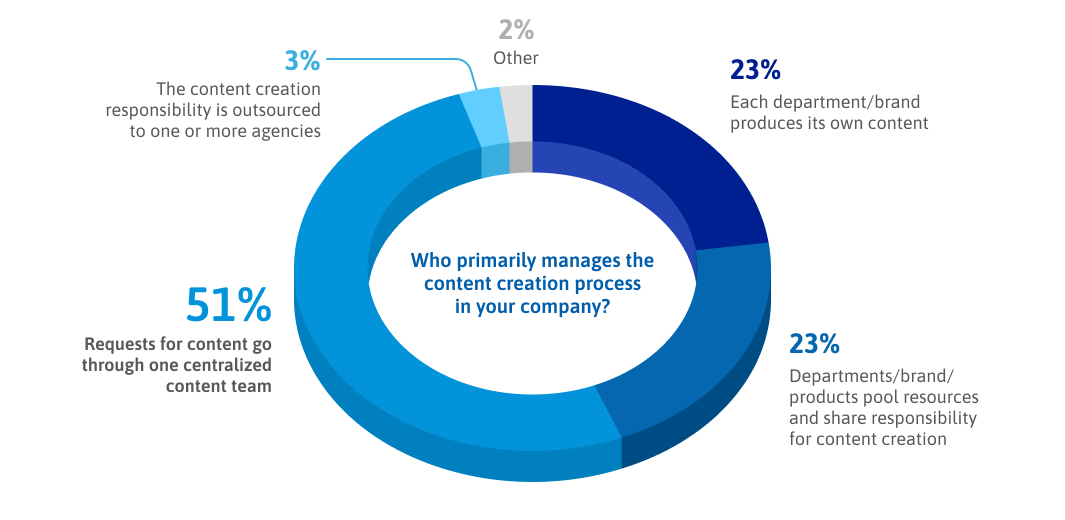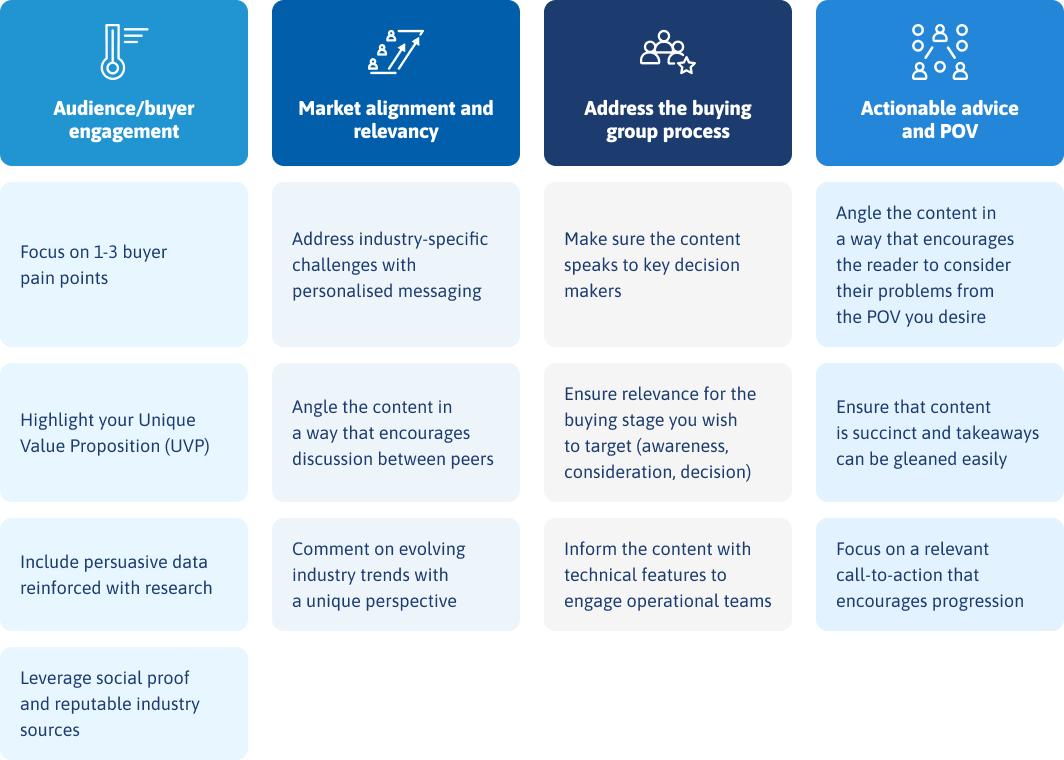A shocking 71% of marketers have reported that they are often disappointed in the value of B2B content marketing (Informa Tech, 2023).
This is largely due to the current state of demand generation content. According to a Demand Gen Report survey, 51% of buyers revealed that the content they received was too generic and irrelevant to their needs in 2024, while just 38% had the same grievance in 2023.
Even as far back as 2018, Forrester had noted a steady decline in buyer satisfaction and revealed that 57% of buyers found much of the content that they consume to be 'useless'. A further 66% reported that they were also served too much content during their buyer’s journey.
The continuation of this trend has been accentuated by the influence of AI content tools. These facilitate creating content en masse, flooding the B2B space with content that is generic and often not focused on specific demand generation target audiences.
Given how large language models (LLMs) scrape content from existing (and often out-of-date) sources, it is no surprise that much of this content is not useful or engaging to buyers.
As a result, there is a strong chance that sales teams will be unable to engage the leads they receive from demand gen programs aligned with this approach.



















